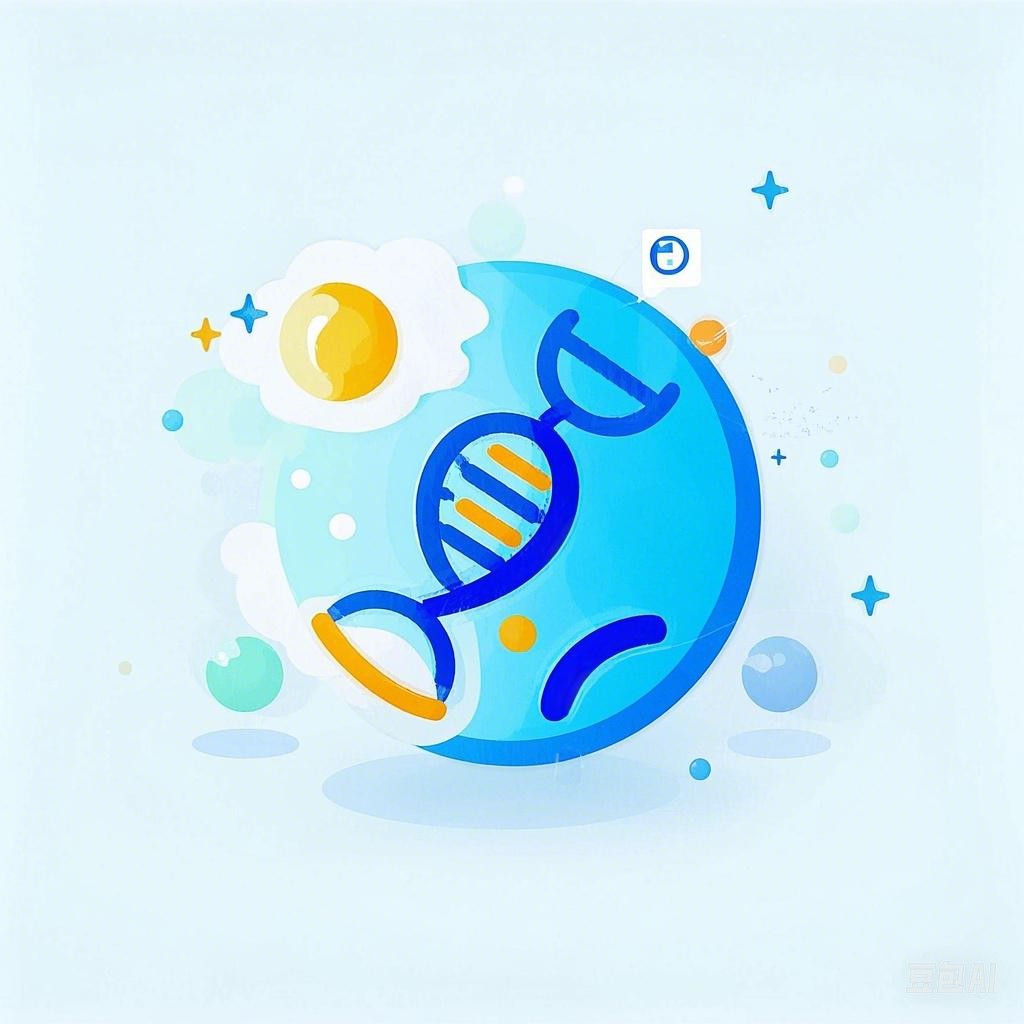Pfizer Inc. is a global pharmaceutical company known for its significant contributions to the pharmaceutical and biotechnology industries. Headquartered in New York City, Pfizer is one of the world’s largest pharmaceutical companies, with operations spanning across various therapeutic areas and geographical regions. This article provides a comprehensive overview of Pfizer Inc., including its history, business segments, key products, and its impact on global health.
History
Pfizer was founded in 1849 in Williamsburg, Brooklyn, New York, by Charles Pfizer and Charles Erhart. Initially, the company focused on chemical production, including the synthesis of acetylsalicylic acid (aspirin). Over the years, Pfizer expanded its operations and diversified its product portfolio.
In the early 20th century, Pfizer began manufacturing pharmaceuticals and became a leading player in the industry. The company continued to grow through acquisitions and organic development, establishing itself as a global pharmaceutical giant.
Business Segments
Pfizer operates through several business segments, each contributing to its diverse revenue streams:
1. Innovative Health
This segment focuses on developing and commercializing new medicines to address unmet medical needs. It includes therapies for various conditions, such as cardiovascular, metabolic, and neuroscience diseases.
2. Essential Health
The Essential Health segment provides a range of established medicines, nutritional products, and vaccines. This segment aims to improve access to essential healthcare products in developing countries.
3. Consumer Healthcare
Consumer Healthcare includes over-the-counter (OTC) medicines, vitamins, and nutritional supplements. This segment caters to the everyday health needs of consumers.
Key Products
Pfizer has several key products that have made a significant impact on global health. Some of these include:
1. Viagra
Viagra, also known as sildenafil, is a medication used to treat erectile dysfunction in men. It was approved by the U.S. Food and Drug Administration (FDA) in 1998 and has become one of the most recognized pharmaceutical products worldwide.
2. Lipitor
Lipitor (atorvastatin) is a medication used to lower cholesterol levels and reduce the risk of heart disease. It was approved by the FDA in 1997 and has been a best-selling drug for many years.
3. Prevnar
Prevnar is a vaccine used to prevent infections caused by Streptococcus pneumoniae, a bacteria that can cause pneumonia, meningitis, and other infections. It was approved by the FDA in 2000 and has been instrumental in reducing the incidence of these infections in children.
Impact on Global Health
Pfizer has made significant contributions to global health through its research, development, and distribution of pharmaceuticals and vaccines. Some of its key impacts include:
1. Research and Development
Pfizer invests heavily in research and development, aiming to discover and develop new medicines that can improve the lives of patients worldwide. The company has a robust pipeline of potential new drugs across various therapeutic areas.
2. Access to Medicines
Pfizer has initiatives to improve access to its medicines in developing countries. The company collaborates with governments, non-governmental organizations (NGOs), and other stakeholders to ensure that essential healthcare products reach those in need.
3. Vaccines
Pfizer has been at the forefront of vaccine development, contributing to the global fight against infectious diseases. The company’s partnership with BioNTech resulted in the development of the COVID-19 vaccine, which played a crucial role in controlling the pandemic.
Conclusion
Pfizer Inc. is a leading pharmaceutical company with a rich history and a significant impact on global health. Through its diverse product portfolio, strategic partnerships, and commitment to research and development, Pfizer continues to be a key player in the pharmaceutical and biotechnology industries.
